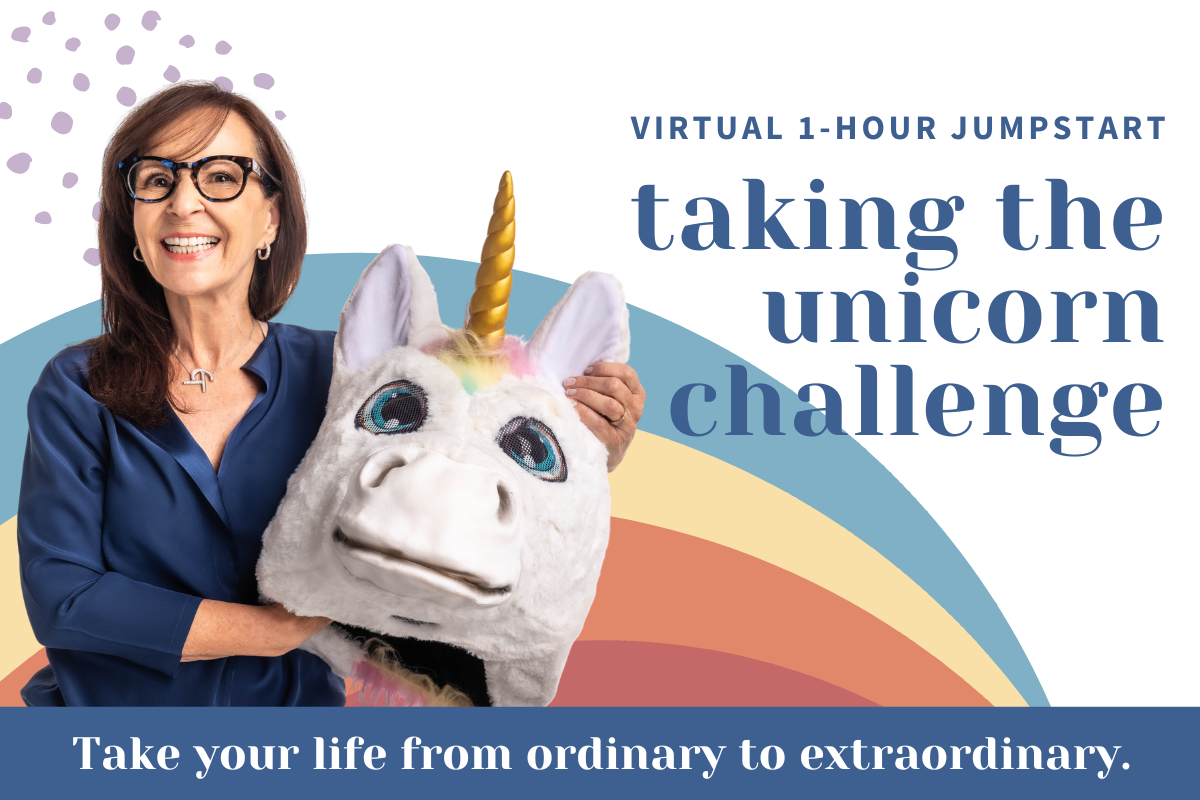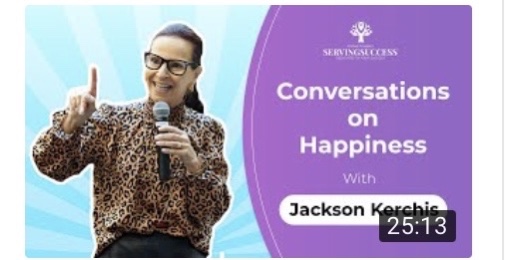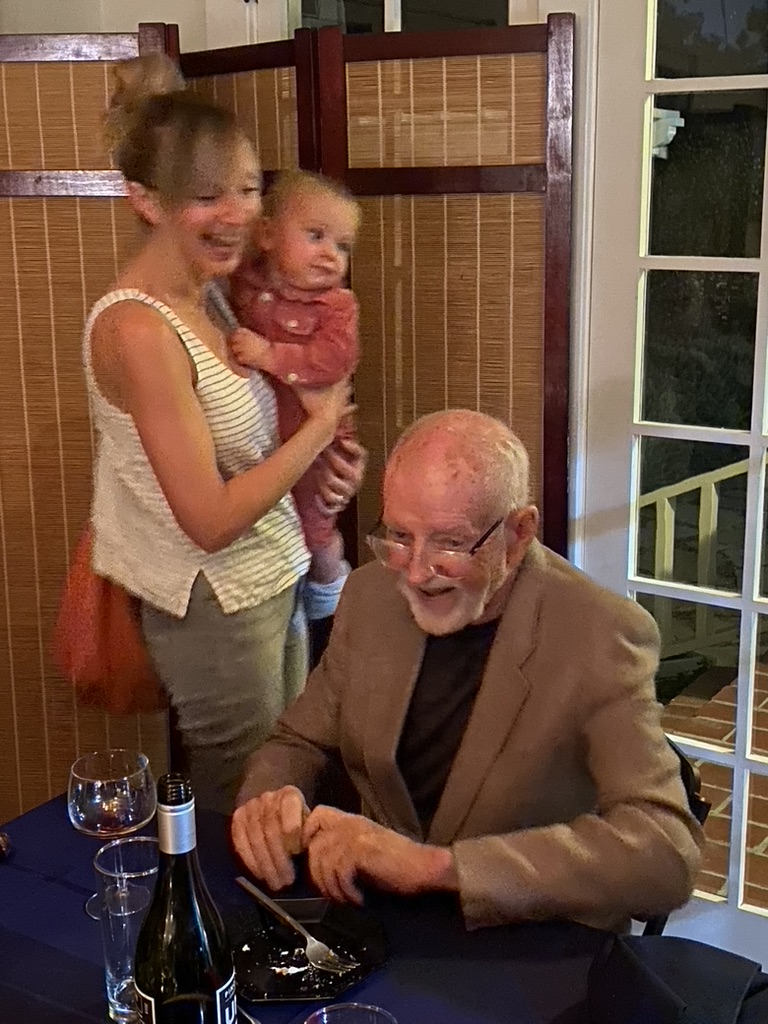Now that the new Don’t Die book is complete and on the market, its time to get back to the great teachings and teachers of Positive Psychology. The following is a blog post by Dr. Robert Biswas-Diener. To learn more about Dr. Biswas-Diener’s work and the learning opportunities he offers, go to:
Positive Acorn, LLC
www.positiveacorn.com

There’s more to this pleasant feeling than you think!
A few years ago a friend and colleague of mine– Sonja Lyubomirsky— wrote a book about the science of well-being called “The How of Happiness.” In this book Sonja reviewed much of the empirical evidence for various ways that a person might achieve happiness: cultivate a habit of gratitude, plug in spiritually, let go of sour feelings through forgiveness. The How of Happiness was timely and important in that it addressed what is, for many folks, the single most pressing question about happiness, “How can I get some more of it?”
In a book published the same year as Lyubomirsky’s, my father– Ed Diener– and I introduced readers to the “AIM” model of happiness. In Happiness: Unlocking the mysteries of psychological wealth, we separate into three distinct components: attention, interpretation, and memory.
A- Attention: It turns out that what you pay attention to in the first place is what your mind becomes filled with! This is why a daily habit of gratitude can be helpful; it shifts your focus to the ways in which the world is good and in which you are fortunate. This is not a matter of naively overlooking the bad, of course. Rather, it is a matter of NOT overlooking the small good daily events.
I- Interpretation: This is classic cognitive psychology. Are you the type of person who feels appreciative when your boyfriend brings you flowers or are you the type to immediately suspect him of wrongdoing? We all have thinking habits and interpreting the events of daily life is one of these. To improve your happiness try consciously considering alternative explanations before jumping to an emotional conclusion.
M- Memory: Happiness does not just exist in the present but also can be drawn from past events. Try savoring past successes, enjoyable experiences and other golden memories by making a habit out of looking at memorabilia or trading stories with a spouse or friends. You will be surprised to find that you can draw actual happiness– right now– from events that have taken place long ago. Rather than looking for increased happiness in a better future you can mine your past experiences to pay out happiness dividends!
This week, set a challenge for yourself to undertake at least one of these three approaches to happiness.
Thank you Robert for a great post.




[…] published at ServingSuccess on Nov 5, 2011. Written by Dr. Robert […]